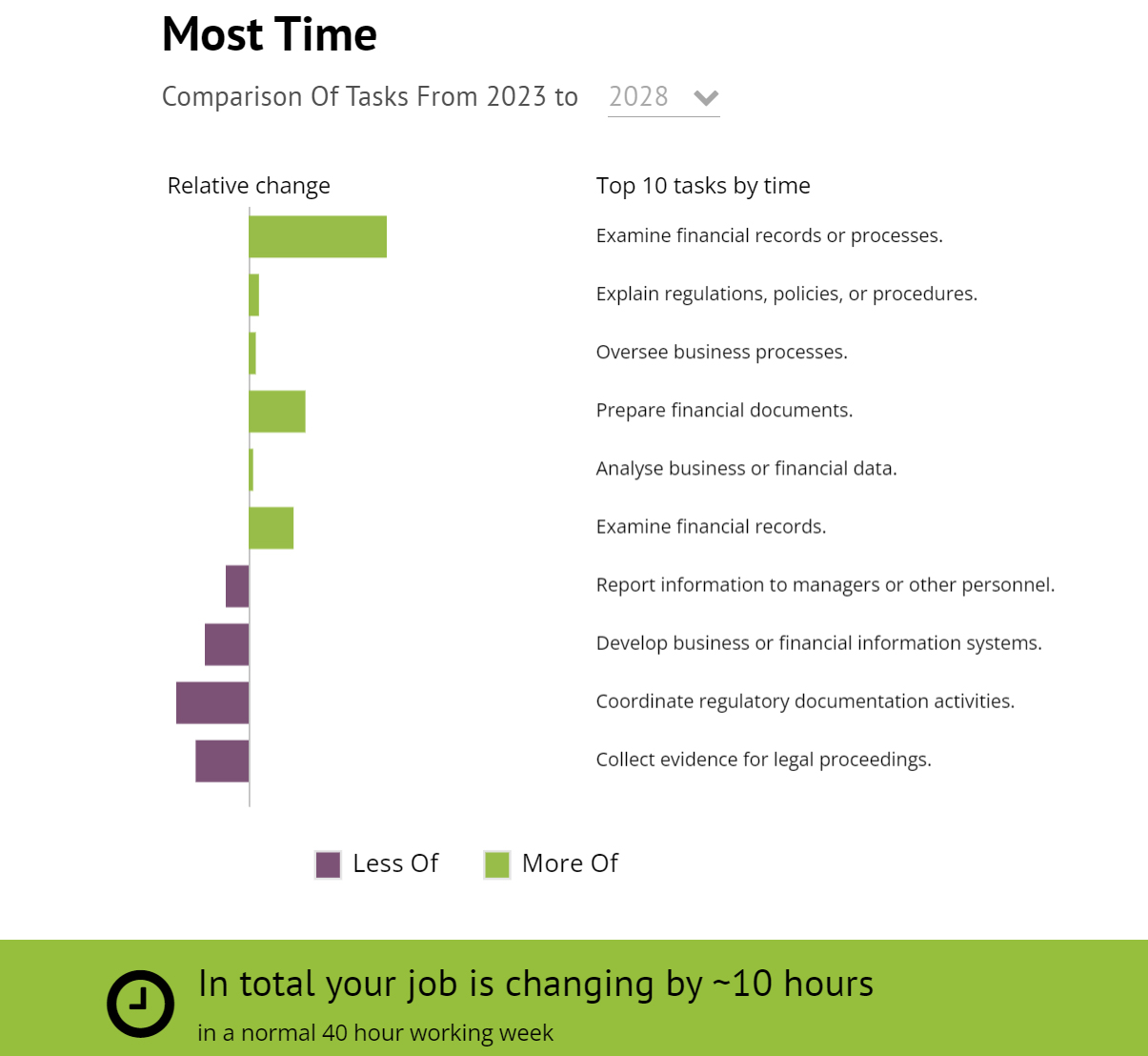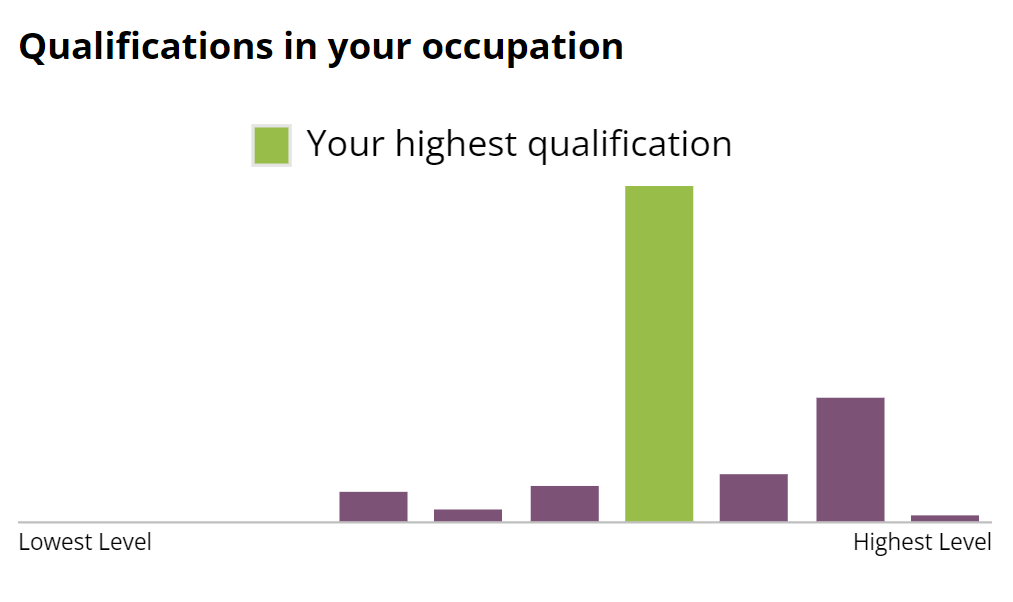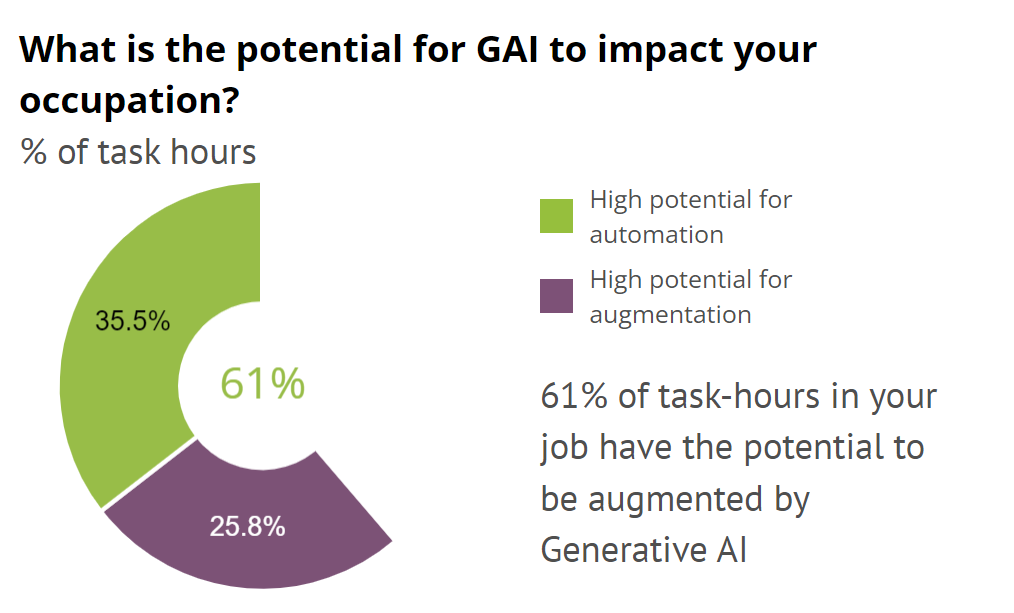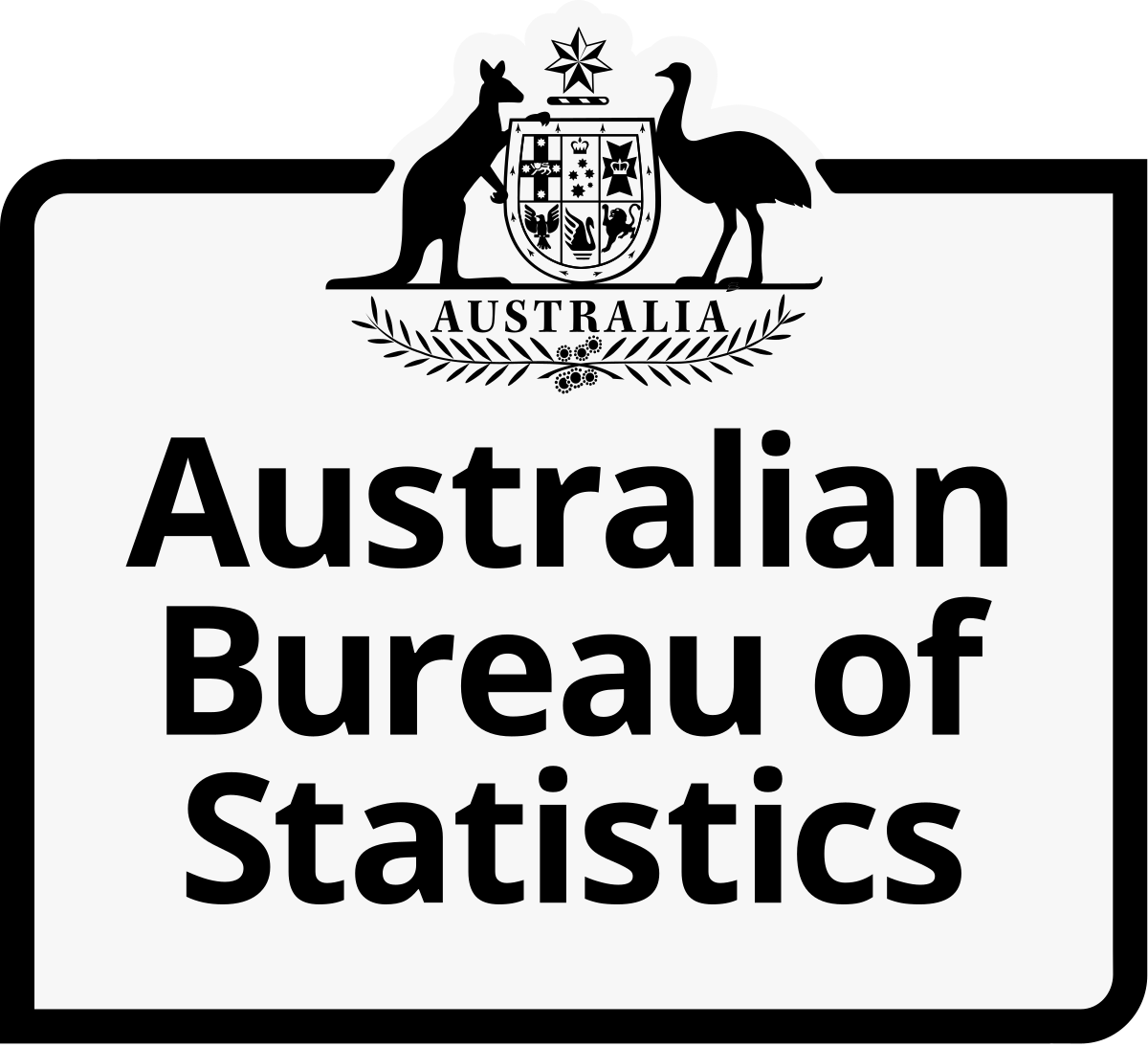Experts predict up to 46% of jobs could be replaced by 2030

Work shapes our lives beyond just earning income, affecting your time, social connections, satisfaction, and identity. As the nature of work evolves, adapting to these changes is crucial for your personal and professional growth.
Staying ahead of the curve has never been more crucial. Our Future of Work Predictor gives you a FREE customised report based on the latest economic data and tells you:
- Overall how much your job will change
- How tasks in your job will change
- How your qualification compares
- Wages and employment change for your job
- How is AI likely to impact your occupation
Find out where you stand in less than a minute:
Quick and easy — get started by providing some basic information about your current job and qualifications.
Using the latest economic forecasts, our tool calculates and assesses the impact on your specific role.
Gain invaluable insights into how your job, tasks, and qualifications might change, including potential wage and employment shifts.
What's in the report?

See how tasks in your job will change over time
Discover the future shifts in your job's tasks over the next decade. Learn which tasks are set to grow and which will likely decline, reflecting broader trends in productivity, automation, and supply and demand. Anticipate significant transformations in your role, reshaping your daily activities and adapting to the changing work landscape.

Compare your qualification level to others in your field
Compare your qualifications with peers in your field by viewing the percentage of professionals with and without qualifications and see how your highest qualification stacks up. This comparison reveals your educational standing and the benchmarks in your profession, guiding you towards potential areas for growth or specialisation.

Discover how likely AI is to impact your occupation
Explore Generative AI's (GAI) potential impact on your job through the percentage of task hours affected. Compare your occupation's automation and augmentation potential against others. GAI can automate tasks or augment them, blending human skills with AI to enhance productivity. Highly automatable tasks may shift to GAI, while tasks suited for augmentation will see GAI as a co-pilot, enriching job outputs.
Get a free customised report in under a minute
Enter your details into our Future of Work Predictor to uncover your personalised future work outlook.
Behind our data insights
Accenture, a global professional services powerhouse known for its consulting and technology services expertise, spearheaded the analysis on the evolving Australian job market. Their comprehensive study delved into over 3000 occupations and 2000 tasks to assess the broader impact of changes in the economy.
Utilising a blend of human expertise and machine learning, the analysis was grounded in data from the O*NET Database for task changes and the Australian Census for insights into wage growth, employment shifts, and skill levels, provided by the Australian Bureau of Statistics (ABS).
This holistic approach provided a detailed outlook on the dynamic nature of job functions and the future of work in Australia.


Key benefits of your report
Job evolution insight
Understand the degree of change your job will undergo, helping you to prepare and adapt.
Task transformation
Discover how daily tasks within your job might evolve, offering you a chance to upskill accordingly.
Qualification comparison
See how your qualifications stack up in the shifting landscape of your profession.
Future impact of AI
Explore how AI is set to reshape your job so you can prepare for future developments.
What are the forces that are reshaping work?
Globalisation and tech
Technological innovation has transformed work, creating a globally connected market and fostering the gig economy for flexible employment. Advances in AI, automation, and connectivity are reshaping skills demand and job tasks. Adapting to these changes is crucial for success in the modern job market.
The rise of AI at work
AI is revolutionising our lives and workplaces, enhancing online experiences, improving medical diagnostics, and transforming decision-making, customer service, and recruitment processes. It's not just automating tasks but augmenting human capabilities, leading to greater efficiency and effectiveness.
Automation's impact
Despite fears of job losses due to automation, technology also creates employment opportunities. AI and automation are predicted to generate over millions of new jobs, highlighting the need for creativity, communication, and problem-solving skills. The future is about human-machine collaboration.
Unprecedented events
The ability to withstand unforeseen events has become crucial for every individual. Today's rapidly changing world is dramatically altering the employment landscape, making it essential to stay prepared and adaptable. Our Predictor offers insights into how your role might evolve and equips you with the knowledge to thrive.
Don't wait for the future — prepare for it today
Enter your details to uncover your personalised future work outlook.
Expert online education
It takes more than being online to be a great online university
At the University of New England, we know it takes more than being online to be a great online university. It takes time, and a lifetime’s experience. We pioneered distance education for working adults back in the 1950s, and we’ve been perfecting it ever since. Our mission is to help busy, working adults, no matter where they are, future-fit their life in response to a rapidly changing world. Choose UNE for an expert online education.
Frequently asked questions
Artificial intelligence (AI), digitisation, automation, globalisation and robotics are already impacting careers right now, and this change is only set to accelerate. Knowledge is power, so we’ve analysed more than 3000 occupations and 1000s of tasks across the Australian economy, and created this free online tool to help you understand the outlook for your current job and career, and to develop a plan to help you become Future Fit.
The Australian economy was broken down into more than 3000 occupations and 2000 tasks, to determine the potential change in occupations and impact of Generative AI on tasks performed. For example, a truck driver might ‘operate vehicles’ and ‘secure cargo’, while a sales assistant would ‘process sales’ and ‘advise customers’.
We request your details to tailor the report specifically for you and ensure it's delivered directly to your inbox.
The Australian Academy of Technological Sciences and Engineering (ATSE) CEO Kylie Walker told The Canberra Times AI could replace anywhere between 25 and 46 percent of all Aussie jobs by 2030. Many articles, news items, and papers have made similar predictions. For instance, Walker, and a group of 13 other AI experts, called for a $1 billion national artificial intelligence initiative in a new report. Generative AI, such as ChatGPT, is quickly becoming widely adopted for everyday use, which is expected to accelerate the transformation of businesses and the tasks that people undertake.
Yes, the report is completely free!
Our Future of Work Predictor gives you a free, customised report based on the latest economic and employment data outlining:
- How significantly your job will change
- How tasks related to your job will change
- How your qualification compares to others in your field
- How wages and employment opportunities may change for your job
- How AI is likely to impact your occupation
Our Future of Work Predictor tool is based on a very robust analysis conducted by global tech consultants Accenture, who broke the Australian economy down into more than 3000 occupations and 2000 tasks to determine the potential change in occupations and the impact of Generative AI on tasks performed. The analysis was grounded in data on task changes, wage growth, employment shifts and skill levels from the O*NET Database and the Australian Bureau of Statistics (ABS). You can find out more here.
It’s completely understandable to feel apprehensive when faced with the rapid advancements in AI, digitisation, automation, globalisation, and robotics. These forces are shaping our working world today, and their influence is expected to only grow. While these changes can seem daunting, being informed empowers you to take control. Our free online tool was designed to provide you with clarity about your current career status and to assist in planning effectively for the future. We aim to empower, not alarm, helping you to become well-prepared and future fit.
The primary data source used in this analysis was the O*NET Database (US). The O*NET database contains survey ratings for a range of job-specific tasks for over 1000 occupations. Results were then converted to Australian occupations and timeshares. Each ONET SOC was mapped to the single closest Australian and New Zealand Standard Classifications of Occupations (ANZSCO) 6-digit occupation, based on Jobs and Skills Australia's Labour Market Insights correspondence table. These 6-digit occupations were then mapped into ANZSCO 4-digit occupations, by taking the median occupation by task change for each task within the occupation. The Australian Bureau of Statistics (ABS) compiles these occupations. If your job isn't listed, it's likely that the ABS has not included it in their standard classifications. You can provide feedback via a link available on their website.
It's reassuring to hear that your role may not be significantly affected by automation in the near future! However, it's important to consider that the working landscape is continually evolving. Staying ahead involves not just understanding current changes, but also preparing for future developments. Engaging with ongoing learning opportunities, diversifying your skill set, and staying informed about industry trends are all crucial steps in ensuring long-term career resilience and success, even in roles not currently at high risk of automation.
Thanks for taking a look at our Future of Work Predictor, and please do inbox us if you'd like any more information!
Contact the Future Students Team
-
University of New EnglandArmidale, NSW, 2351, Australia
-
-
-

